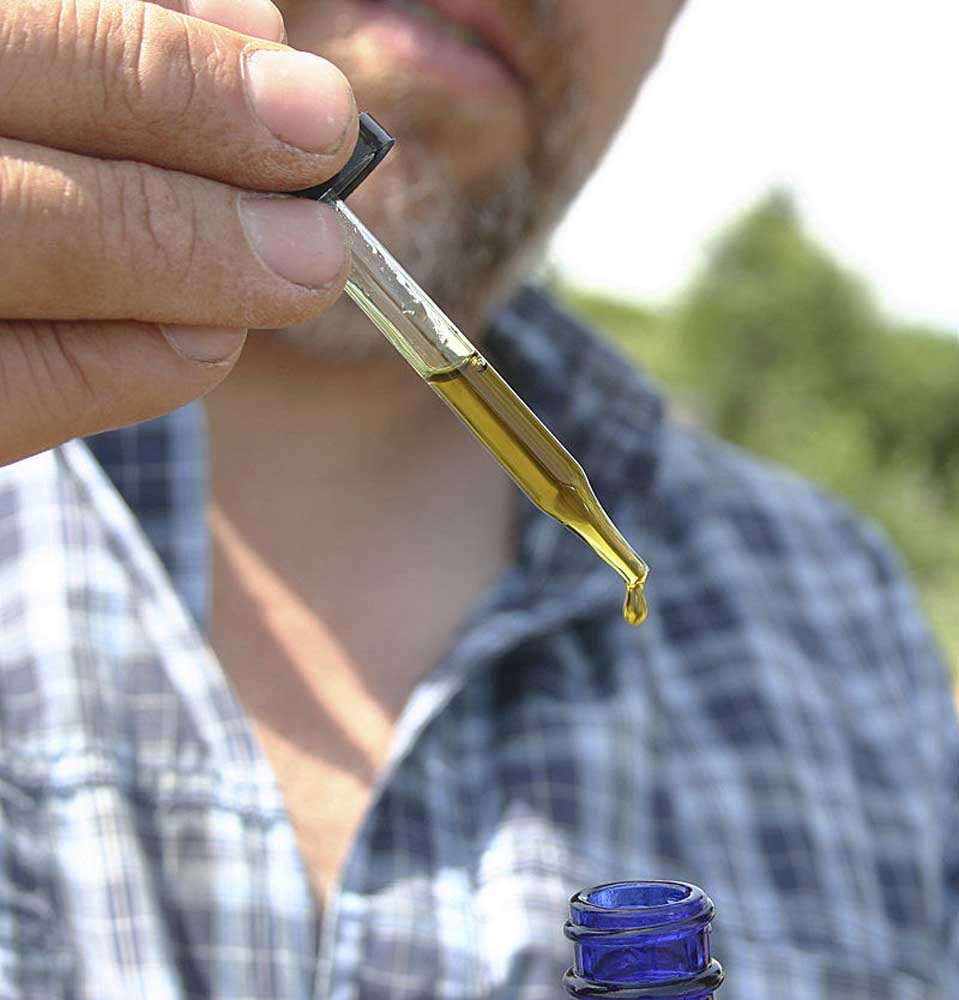Online Auction – Corbett Estate Auction
Corbett Estate Auction Date(s) 4/14/2025 - 4/30/2025 Bidding Opens April 14th at 5pm (pst) Bidding Starts to Close April 30th at 5pm (pst) OFFSITE AUCTION - All items located in […]
Published 10:00 am Thursday, January 31, 2019

OLYMPIA — House and Senate bills now agree on removing two major barriers to the cultivation of hemp in Washington.
The bills would legalize processing hemp into cannabidiol, or CBD, for human consumption, an attractive market now closed to Washington farmers and processors.
The bills also would strike down a state Department of Agriculture rule that forces hemp farmers to shut down if a marijuana grower decides to plant within 4 miles. Meant to prevent hemp from cross-pollinating with marijuana, the rule subordinates hemp to recreational marijuana.
Hemp lobbyist Bonny Jo Peterson of the Industrial Hemp Association of Washington said she was becoming more confident that lawmakers will pass a bill that allows hemp farming and processing to grow.
“We are expecting this year to boom if everything is in place and next year to blow up, especially on the CBD aspect,” she said.
Only 141 acres of hemp were grown in Washington last year, all by the Colville Tribe in northeast Washington. Although the 2018 Farm Bill legalized hemp plants and viable hemp seeds, state lawmakers must still loosen Washington regulations discouraging hemp production.
House Bill 1401 and Senate Bill 5719, introduced by a mix of liberal Democrats and conservative Republicans, are identical. Another Senate proposal that would have continued to prohibit CBD has fallen by the wayside. The state agriculture department predicted that if CBD remains illegal to make in Washington, the state’s tiny hemp industry will not grow at all, according to a fiscal report.
Marketed as a nutritional and disease-fighting supplement, CBD is hemp’s most valuable product, according to the plant’s advocates.
Although widely available, CBD remains a potential point of conflict between the hemp industry and federal authorities.
On the day President Donald Trump signed the Farm Bill, the Food and Drug Administration warned CBD salesmen not to make unsubstantiated claims about the substance’s therapeutic benefits.
The House and Senate bills are still taking shape. Although they prohibit a marijuana grower from supplanting a hemp farmer, the bills leave in place a 4-mile buffer between the crops. The buffer restricts where hemp can be planted, especially in Western Washington. Peterson said she was hopeful the buffer will be eliminated entirely.
The bills would allow farmers to plant only hemp cultivars approved by the state agriculture department. Peterson said the oversight is needed because hemp is only now returning after decades of prohibition. Restricting the seed supply will protect growers, she said. “We’d be setting them up for failure with seeds that may or may not grow.”
At a hearing Tuesday in front of the Senate agriculture committee, Seattle lawyer Josh Ashby suggested legislators drop the seed restrictions and let farmers plant what they want.
“It seems a little regressive that we would somehow restrict some new strain from being introduced into the hemp market,” said Ashby, executive chairman of Washington State Bar Association’s cannabis law section.
The Farm Bill severed hemp’s long association with marijuana as a federally controlled substance. To make sure the crops don’t intermix, states must license farmers and test crops. In the long run, farmers and processors are expected to fund the oversight. With so few license holders, the Senate and House bills propose providing $300,000 from the general fund over the next two years to keep the program going.